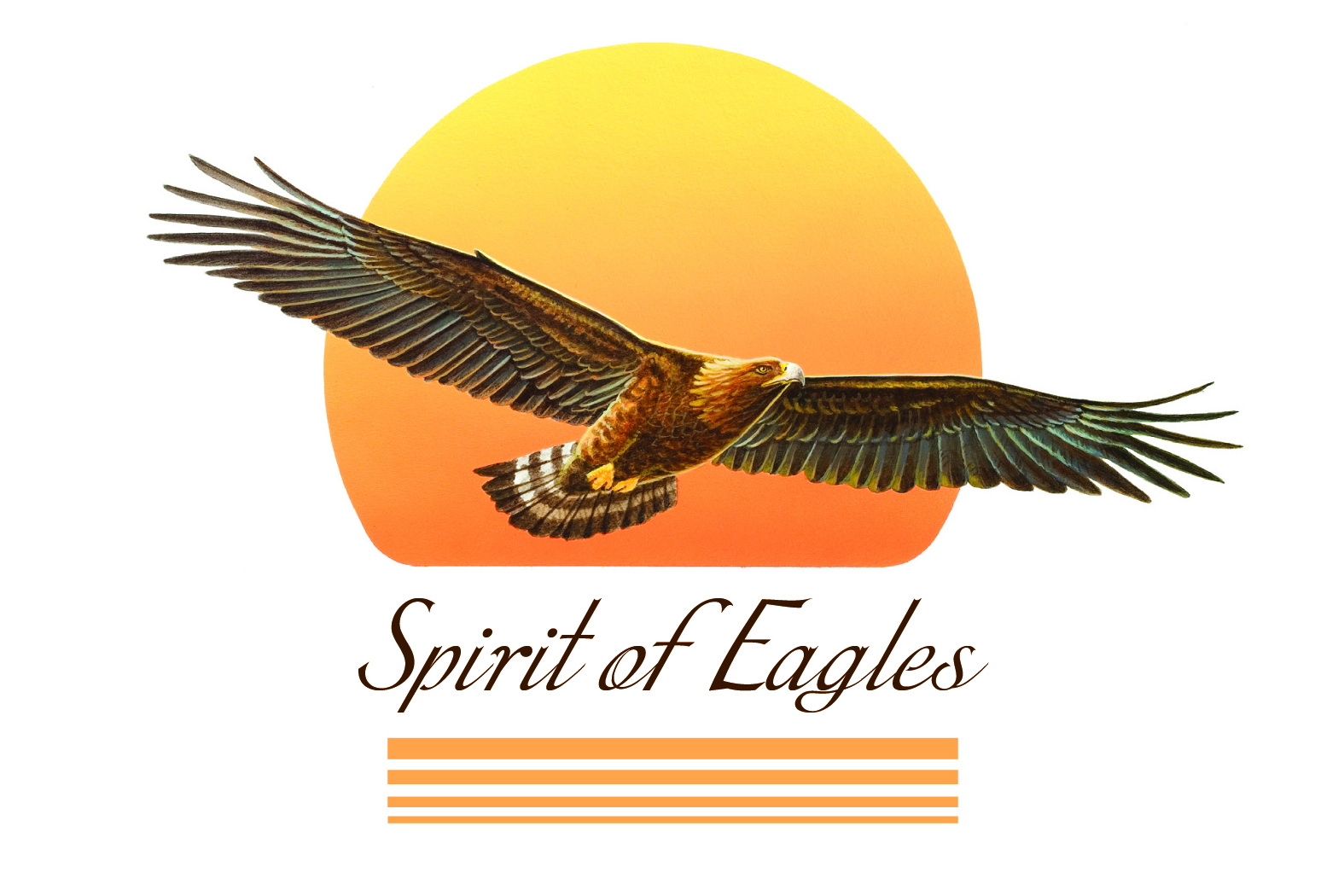 Bill had grown up with his company, thriving in a casual atmosphere within the intimate entrepreneurial environment. When the size of the company became such that a more formalized structure was essential to increasing productivity demands, he rebelled. Even though he was solely responsible for 12% of sales and had a close relationship with the company founder, these weren’t enough to save him. His demands and berating of subordinates, his ignoring procedures and showing disrespect to his boss simply created too much disruption and inefficiency to tolerate. When even intensive coaching had no impact on his behavior, he was terminated.
Bill had grown up with his company, thriving in a casual atmosphere within the intimate entrepreneurial environment. When the size of the company became such that a more formalized structure was essential to increasing productivity demands, he rebelled. Even though he was solely responsible for 12% of sales and had a close relationship with the company founder, these weren’t enough to save him. His demands and berating of subordinates, his ignoring procedures and showing disrespect to his boss simply created too much disruption and inefficiency to tolerate. When even intensive coaching had no impact on his behavior, he was terminated.
Donald was the most competent CFO the executive staff of this large manufacturing company had ever experieinced. His grasp of numbers and ability to draw meaning from the data was just amazing. Equally amazing was his arrogance and “I’m always right” attitude when dealing with his direct reports, and even the CEO. While his CEO had great mentoring skills, the CFO always had a defense as to why the opinions of others didn’t matter and why he was right. Within a year he was gone.
Stories like this are so commonplace in business today. Employee engagement surveys by Gallup and Harris show abysmal levels of employee satisfaction, down around 19%. Since the quality of supervision drives overall satisfaction, the dramas played out in companies between bosses and subordinates are unequaled in history.
I understand this disconnect all too well. When I look back at my first years in the insurance business after college (painful memories indeed), I grimace at how clueless I was as a salesperson. Mastering the knowledge of the product, its uses and the rules and regulations governing insurance sales was a snap for me, so I thought discussing the product and its uses would produce sales. That didn’t work. It turns out that everything I didn’t know, was exactly what I needed to know to be successful in that business.
What I needed to do was ask prospective clients about their hopes, dreams, their wants and needs, so that I could match the benefits of my product and services to the satisfaction of their goals. But just like Bill and Donald in the stories above, I had very little awareness I needed to succeed at this job. At the age of twenty-two, I didn’t know very well what my own deeper wants and needs were. My deeper core values and identity were completely hidden to me and would remain so for decades.
Ultimately, I learned that if I didn’t have a well-developed self-awareness, I would have little real understanding of others. It’s tough to be very influential with others if you can’t understand what motivates them, don’t you think?! In my case, poor self-awareness equaled poor job performance.
Becoming highly self-aware is a passion I’ve pursued for three decades. I’ve learned emotional self-awareness is the difference between exceptional success and mediocrity. I assure you I have been acquainted with mediocrity in my past, and now coach clients to develop emotional self-awareness and pursue it as a life-long process. I have learned how to support the development of exactly those strengths that lead to self-awareness, and how to eliminate the blocks getting in the way.

I continually “beat the drum” about the importance of developing self-awareness for good reason. Business CEO’s are telling us that high levels of self-awareness are now considered among the most needed and important traits for managers and leaders to possess. We all need to get better at it.
Here is something that disturbs me and should concern us all. In a recent survey by The Hay Group, 17,000 employees were interviewed to determine their levels of self-awareness. Only 19% of women exhibited high levels of self-awareness, a number that I found surprisingly low. What was stunning is that the women’s level of self-awareness was five times greater than that of the men. We have challenging and severe problems facing us in the world today, and we don’t seem to have the essential skills most important in helping us solve these challenges.
The good news is people can learn to be more self-aware, and we can train them. We are holding classes in March to help build self-awareness. What we have found is often one single discovery can make all the difference for a person. Click on the link to our store and sign up for our classes or our online course.
Tom Searcy BBC
Spirit of Eagles


Recent Comments